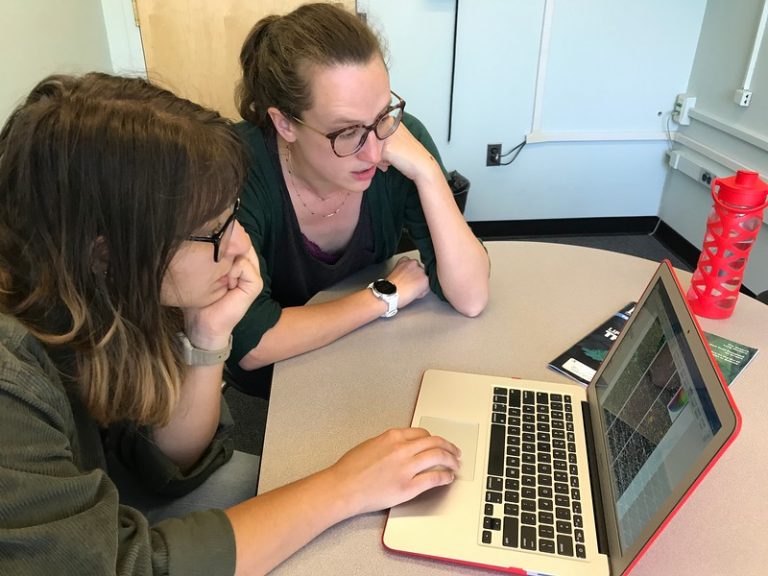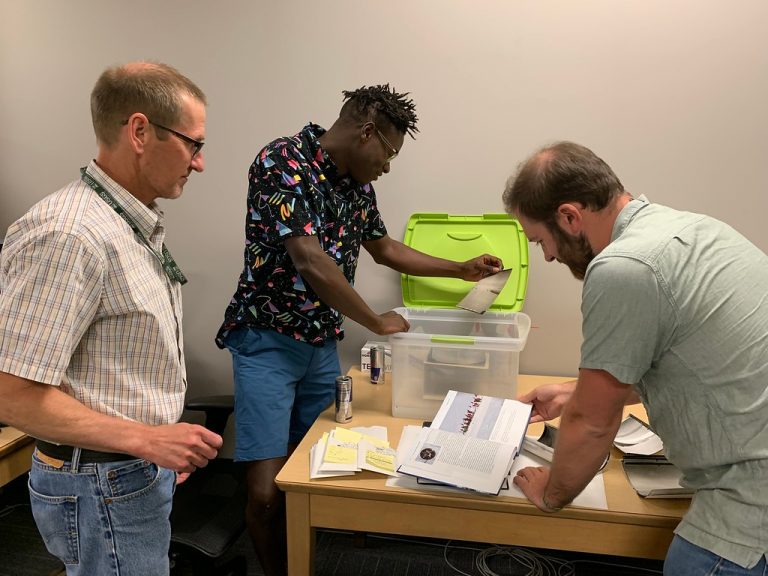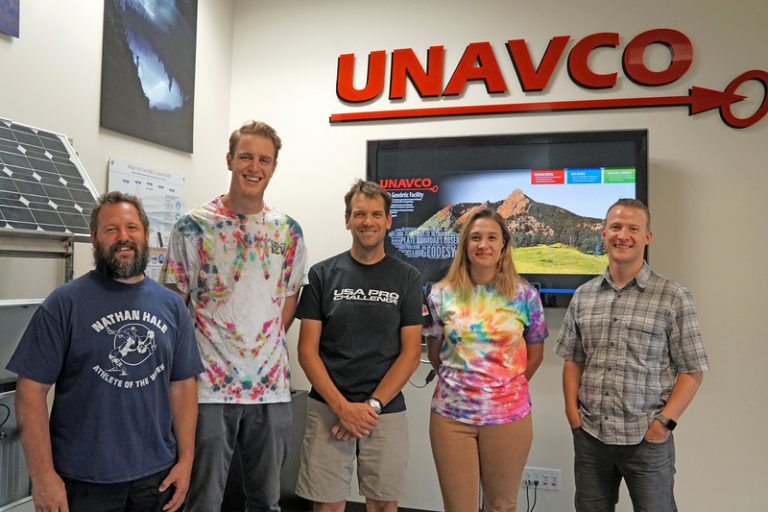Most mentors report personal satisfaction and fulfillment, are often creatively inspired by their mentees, have increased networking due to their involvement with students, are motivated to stay current in their field, and mentoring relationships often result in lifelong friendships. (Johnson, 2007)
Why Mentor?
- Mentoring is an activity that can have a life-changing impact on students.
- A mentor is a person who is a trusted adviser, confidant, and supporter who can guide a less-experienced person.
- Mentoring provides mentees with a resource that goes beyond an academic advisor.
- Diversity in mentors (multiple mentors) provides students with a breadth of input and guidance on different aspects of their academic training and career.
- Peer and near-peer mentoring can provide scaffolded mentoring for people at various academic and professional levels.
- Mentors help shape self-perception and attitudes of community college students and influence academic performance.
- Intentional mentoring can be particularly critical for fostering success in community college students and students from historically underrepresented groups.
Intentional Mentoring
- Building trust is key to effective mentoring relationships.
- For an effective experience, the mentor and mentee should establish agreed upon norms for their relationship (see Additional Resources below).
- An effective mentor is one who is engaged, authentic, open, and communicates clear expectations.
- It can be dangerous to assume that students have knowledge of or access to resources.
- Consistent and frequent communication will strengthen your mentoring relationship.
Resources for Intentional Mentoring
- AGU Webinars: Get the most out of your mentoring relationships: Be an engaged mentee and Building successful mentoring relationships as a mentor
- Mentoring 365: A virtual mentoring program that provides mentors and mentees with structured, relationship-building tools to develop and accomplish focused career goals.
- Connecting students to professionals in different careers in the discipline helps students see opportunities and expand their network. See: Making Geoscience Careers Visible: Illuminating Pathways to Geoscience and Organizing a Career Circle (PDF)
- The Geoscience Career Spotlight series highlights the variety of careers available to geoscience majors in addition to academia. This YouTube playlist includes individual interviews (each under 3 minutes) and can be viewed on UNAVCO’s YouTube page.
Additional Resources
- Structuring the Mentoring Relationship – Worksheet (PDF)
- Mentoring Agreement (PDF)
- Other internship opportunities to share with students: http://pathwaystoscience.org
- Teach the Earth resources and teaching materials (GETSI)
- Council on Undergraduate Research’s Five Effective Strategies for Mentoring Undergraduates: Students’ Perspectives
- 6 Steps you can take as a mentor to ensure that you and your intern have a great, productive summer!
The term “mentoring” as it is used in higher education is not well defined. References you may find helpful:
- Beane, R. J., Baer, E., Lockwood,, R. Macdonald, R.H., McDaris, J.R., Morris, V.R., Villalobos, I.J., & White, L.D.. (2021). Uneven increases in racial diversity of US geoscience undergraduates. Communications Earth & Environment 2(1): 1-4.
- Bernard, R. E., & Cooperdock, E. H. (2018). No progress on diversity in 40 years. Nature Geoscience, 11(5), 292-295.
- Crisp, G. (2010). The impact of mentoring on the success of community college students. The Review of Higher Education, 34(1), 39-60.
- de Janasz, S. C., & Godshalk, V. M. (2013). The role of e-mentoring in protégés’ learning and satisfaction. Group & Organization Management, 38(6), 743-774.
- Diegel, B. L. (2013). Perceptions of community college adjunct faculty and division chairpersons: Support, mentoring, and professional development to sustain academic quality. Community College Journal of Research and Practice, 37(8), 596-607.
- Galbraith, J. M. (2012). Shepherding undergraduate students through a research experience and a professional meeting. NACTA Journal, 56(2), 76.
- Golian, L. M. & Galbraith, M. W. (1996). Effective mentoring programs for professional library development. In D. Williams & E. Garten (Eds.), Advances in library administration and organization (pp. 95124). Greenwich, CT: JAI.
- Huntoon, J. E., & Lane, M. J. (2007). Diversity in the geosciences and successful strategies for increasing diversity. Journal of Geoscience Education, 55(6), 447-457.
- Jacobi, M. (1991). Mentoring and undergraduate academic success: A literature review. Review of educational research, 61(4), 505-532.
- Johnson, W. B. On being a mentor: A guide for higher education faculty. Lawrence Erlbaum Associates Publishers, 2007.
- Levinson, D.J., Carrow, C.M., Klein, E.B., Levinson, M.H. & McKee, B. (1978), The Seasons of a Man’s Life, New York: Ballentine.
- Pawloski, J., & Shabram, P. (2019). Building engagement in STEM through career courses at two-year institutions. J. of College Science Teaching, 049(02). doi: 10.2505/4/jcst19_049_02_9
- Pope, M. L. (2002). Community college mentoring: Minority student perception. Community College Review, 30(3), 31-45.
- Russo-Nixon, K., & Charlevoix, D.J., (2020). Making Geoscience Careers Visible: Illuminating Pathways to Geoscience, In the Trenches, v10. July.
- Sadia, S., Khan, R. A., Rauf, R., Shaheen, A., & Waqar, F. (2014). Ideal Mentor-Perceptions of Faculty and Students. JIMC Journal of Islamic Internations Medical College, 3-6.
- Werner-Washburne, M. (2018). Principles of intentional mentoring. CBE—Life Sciences Education, 17(3), es8.
- Wolfe, B. A. (2018). Introductory geosciences at the two-year college: Factors that influence student transfer intent with geoscience degree aspirations. Journal of Geoscience Education, 66(1), 36-54.
Home
- Education
- Skill-Building Resources
- Last updated: 23 August 2023



